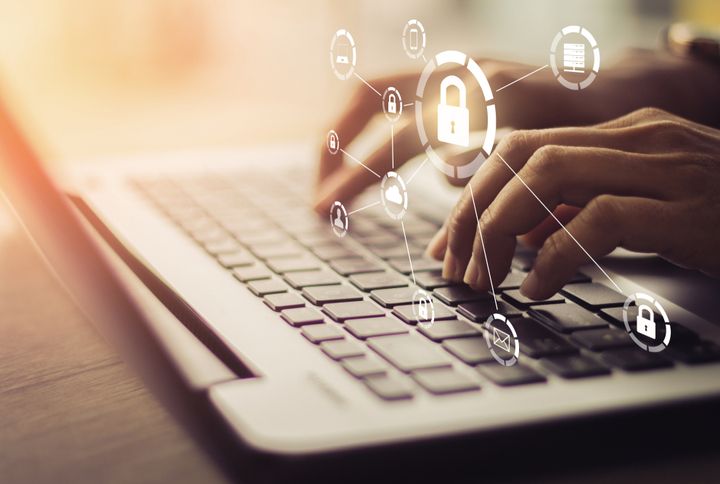The internet is a dark place full of tricksters, data thieves and privacy offenders. However, it is also the place we spend most of our time, energy and money. Data & Privacy are of utmost importance when it comes to using applications and browsers and most of us are either unaware of their importance or don’t care about it. Being safe online can not only prevent crimes like identity theft, but also maintain sensitive information from becoming public knowledge. Companies like Facebook and Google know more about us than our own best friends do, and that’s scary (and kind of creepy). To learn more about online safety, we got in touch with Mr. Vineet Kumar, Ex-Chief Technology Officer for the Government of Jharkhand and Founder of Cyber Peace Foundation. These are his tips (apart from not opening emails that claim to make you a millionaire) that can help us stay protected on the internet.
Pro-Tips To Protect Yourself, Your Data & Privacy Online
1. Always Enable 2-Factor-Authorisation
This is available on almost all social media and adds an extra layer of safety to your account. Everytime a new device is used to access your account with the correct password, the account holder will be notified with a special code. This not only makes your account safe, it alerts you when an outsider is trying to get into your account.
2. Regularly Check Login Activity
Also known as “Authorised Logins” or “Recently Used Devices”, this is a list of every device ,browser and website that has access to or has accessed your account. From this list you should always remove unknown entities if you see them as well as clear out past devices. This is a great way to see who could possibly have access to your data and account.
3. Be Smart With Your Passwords
There are two parts to this. First, a password should never be a name, birthday, phone number or anything basic. Such passwords can be cracked in mere seconds, using techniques like dictionary attack and social engineering. Plus, they are very easy to guess! Your password should be a complex combination of numbers, symbols, uppercase and lowercase letters. Secondly, never share your password with anyone including your friends. They can be easily misused.
4. Turn Off Location Access & “Background App Refresh”
Many applications ask for location permissions and most of us set it as “Always allowed”, which isn’t safe. Either deny all location services or allow them only when you use the application. This prevents third-party platforms from tracking your location even when you are not using the application. Turning off “Background App Refresh” makes sure the applications and browsers aren’t running throughout the day and using your data without your active knowledge.
5. Use Unique Privacy Features On Various Platforms
Each application and social media platform has its own unique privacy protection features that must be used. Explore them in the platform’s privacy and safety settings. Here are a few things you can do on various platforms to stay safe online:
- Facebook: Use the “Lock My Profile” option
- Instagram: Turn off “Activity Status”
- Snapchat: Don’t show yourself on “Snap Map”
- Whatsapp: Enable “End-to-End Encryption” and turn off “Live Location” when not in use
- For most platforms: Avoid linking one account (Facebook, Google, Apple etc) to log into multiple accounts.
6. Make Downloads From Trusted & Verified Sources
Using Play Store and App Store is your safest bet as there are very little chances that downloads from these platforms will have viruses, Keyloggers or Spyware. Downloading things from random websites can lead to malware or data theft (remember the horrors of Limewire?). Similarly if something is paid, purchase it rather than looking for cracked versions.
7. Purchase Anti-Virus Software
Do not try to get Anti-Virus software for free as they will probably not work but rather make your device more susceptible to viruses and online violations. Invest in a good protection software!
8. Be Careful While Posting & Sending Pictures of Yourself
This is a given. Be very careful while sending and uploading pictures of yourself. The images should be such that even if they were leaked publicly, no harm would be done to you or your reputation. When it comes to sexting, avoid it at all costs. Even if you’re sending pictures to a trusted person, they can be leaked.
9. Keep Updating Your Applications
Keep your devices and applications updated. With new versions come new and improved updates. These make your devices less susceptible to attacks and new viruses.
10. Report Inappropriate Content Immediately
If you notice anything fishy, inappropriate or abnormal, report it immediately! Most social media platforms have efficient and quick response teams.
Being safe and protecting yourself, your data and privacy online is extremely important, especially now. You don’t want the internet knowing every single thing you do, like, dislike and more. Do you have any other tips to share? Let us know in the comments below!

